
France Offers SE Asia An Often Forgotten Third Way Choice
Despite having a long-standing presence in Southeast Asia, France's current engagement in the region remains limited. Since 2018, France has been formalizing its Indo-Pacific strategy to bolster its regional assets and assert its identity as an Indo-Pacific power, fostering new relationships in Asia.
However, despite this strategy, France's effectiveness in Southeast Asia is still lacking, as it prioritizes the Indian Ocean due to its territorial interests, forming the cornerstone of its Indo-Pacific foreign policy.
France's attention is also divided due to handling ongoing conflicts such as the Russia-Ukraine war, the war in Gaza, and domestic European affairs, which threaten Europe's security and require France's leadership.
Southeast Asia's complex geopolitics, including maritime disputes and competition among major powers, are potential sources of conflict. Additionally, Southeast Asia's rise as the most dynamic area in the world prompts a reevaluation of France's regional policy.
The French government's policy document,“France's Partnerships in the Indo-Pacific”, emphasizes a commitment to a third way in the region. It aims to collaborate with all well-intentioned powers committed to non-traditional security, particularly in addressing climate change, given that many ASEAN countries are less advanced in this area.
Southeast Asia is highly vulnerable to climate change, facing challenges like rising sea levels, heat waves, floods, droughts and extreme weather events. France, as a leader in the fight against climate change, can leverage its research, funding and experience to collaborate with Southeast Asian countries in this critical area.
This focus is aligned with ASEAN's current needs, as evident in instances like the drought in southern Vietnam affecting rice cultivation, which threatens food security given Vietnam's significant role in global rice exports.
However, France's approach to Southeast Asia faces limitations compared to countries like Japan, the US and China, as it cannot provide large-scale infrastructure financing or military equipment donations.
Therefore, France can capitalize on its strengths in non-traditional security with ASEAN while other major powers focus on different fields. This approach is well-suited to ASEAN's current priorities, particularly in addressing climate change and other pressing regional challenges.
Regarding political engagement, France is actively involved in supporting ASEAN-led mechanisms and promoting ASEAN centrality. In 2007, France acceded to the Treaty of Amity and Cooperation in Southeast Asia (TAC), becoming the first European Union member state to do so.

Legal Disclaimer:
MENAFN provides the
information “as is” without warranty of any kind. We do not accept
any responsibility or liability for the accuracy, content, images,
videos, licenses, completeness, legality, or reliability of the information
contained in this article. If you have any complaints or copyright
issues related to this article, kindly contact the provider above.

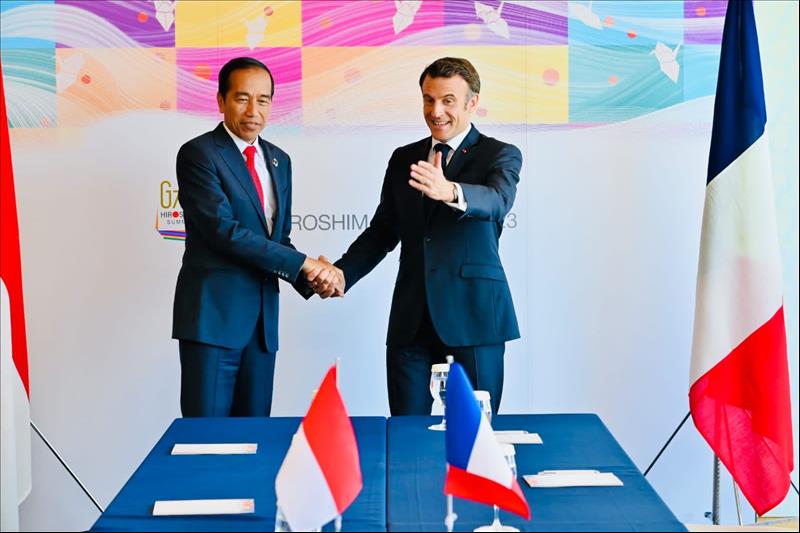
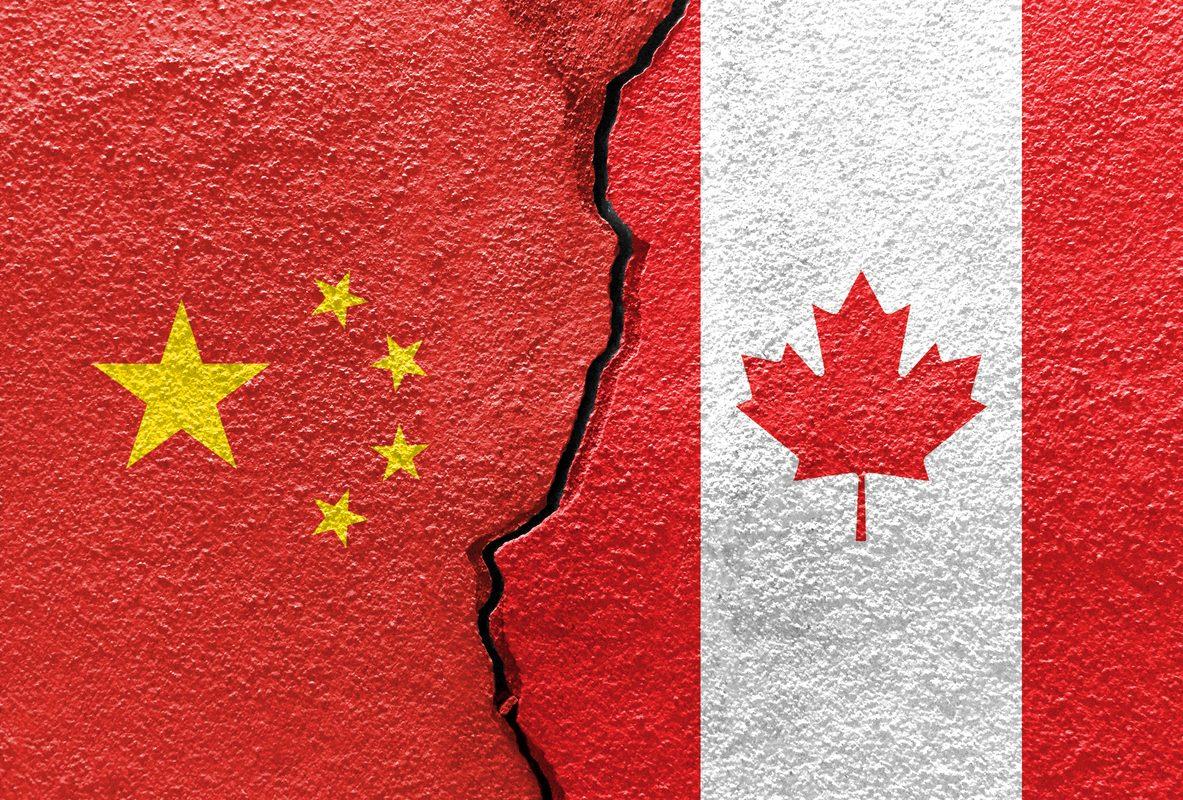
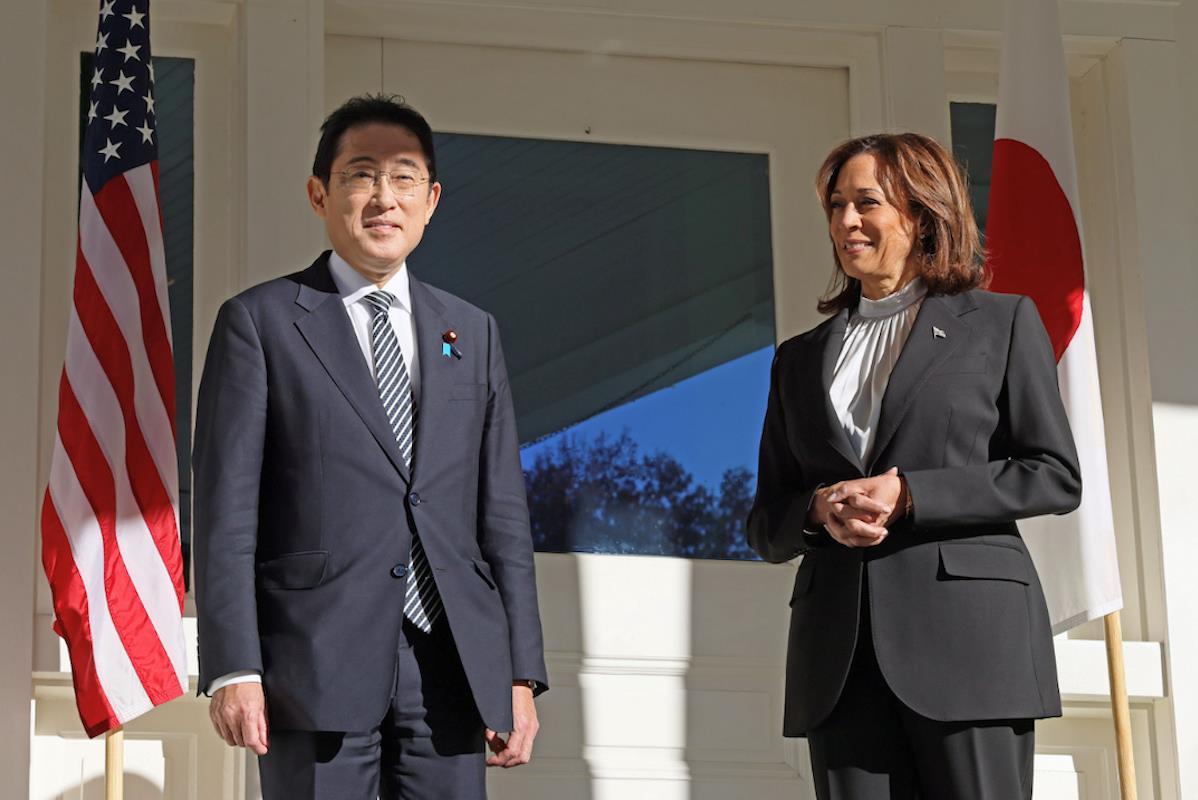
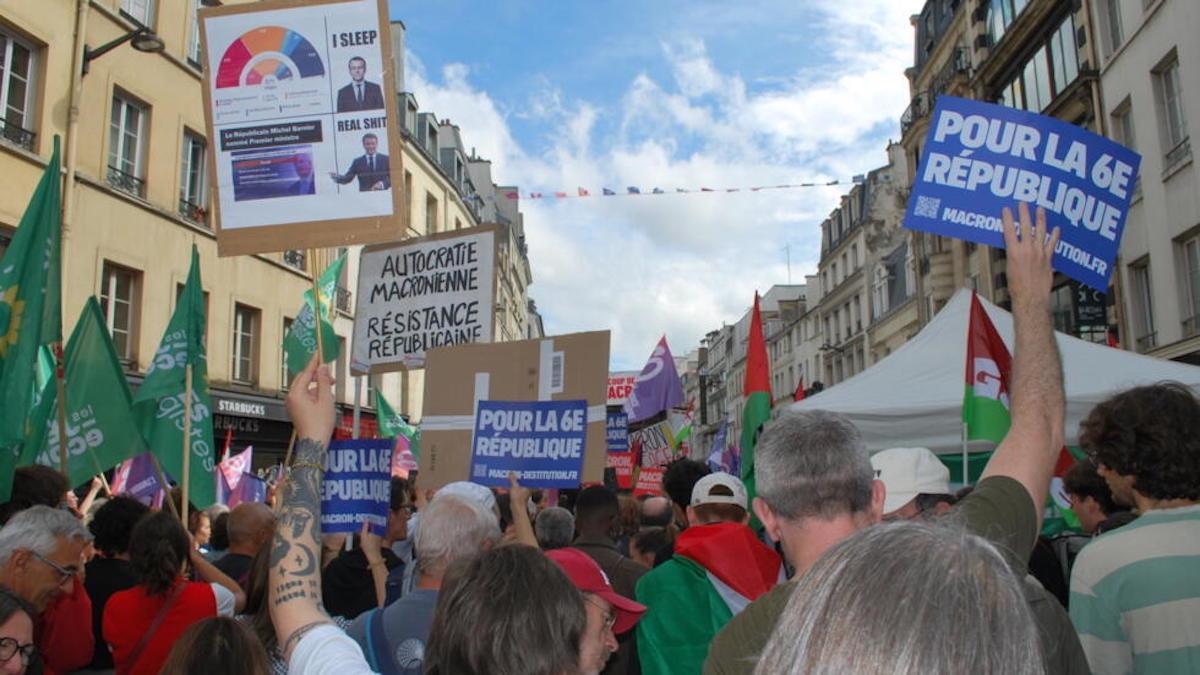
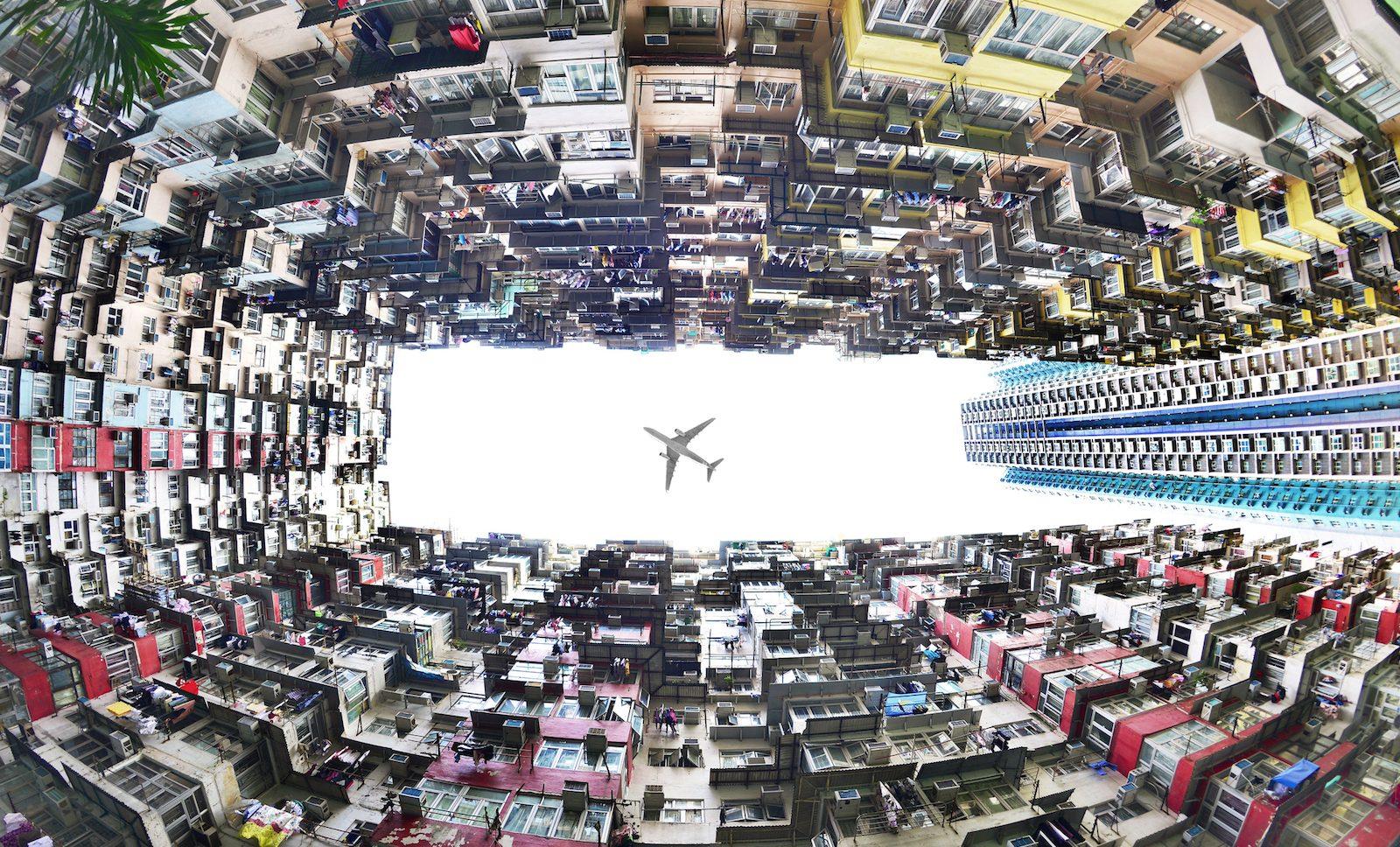















Comments
No comment